Outsourced Bookkeeping: Strategies for CPAs to Maintain Control and Enhance Efficiency
- July 10, 2024

Due to the fast-paced and rapidly evolving landscape of the finance industry, it is becoming increasingly common to see CPAs (Certified Public Accountants) leveraging outsourced bookkeeping services to handle their routine accounting tasks. This strategic decision allows them to devote their time to higher-value activities like strategic planning, financial analysis, and advisory services. However, a persistent concern among CPAs is the level of control they retain over their outsourced bookkeeping tasks.
Understanding Outsourced Bookkeeping
Outsourced bookkeeping involves hiring external professionals or firms to manage various aspects of bookkeeping tasks like recording transactions, managing accounts payable and receivable, reconciling bank statements, and preparing financial statements. Depending on the needs of the CPA or their clients, these services can range from basic data entry to complex financial reporting.
The Level of Control Retained
Let’s explore the extent of control CPAs can maintain when outsourcing bookkeeping and offer tips to ensure this control is effective and beneficial.
Initial Setup and Selection Process:
- Vendor Selection: CPAs retain considerable control during the initial phase of outsourcing. They can extensively vet and choose the bookkeeping professional that best aligns with their standards, requirements, and business culture. This process involves reviewing credentials, references, and service offerings.
- Service Level Agreements (SLAs): By drafting clear and detailed SLAs, CPAs can outline clear expectations in terms of the quality, accuracy, and timeliness of the outsourced tasks. These agreements serve as the benchmark for performance expectations and provide a framework for maintaining accountability.
Access to Financial Data:
- Real-Time Access: Leveraging cloud-based accounting software enables CPAs to gain real-time access to financial data and records. This level of transparency allows them to monitor transactions and updates as they occur, ensuring that they are well-informed and up-to-date about the financial health of their client at all times.
- User Permissions: CPAs can determine which aspects of the bookkeeping process the outsourced team can access or modify, allowing them access to select data based on specific user permissions. This helps to maintain the integrity and confidentiality of sensitive financial information.
Quality Control and Oversight:
- Regular Audits and Reviews: To further facilitate accuracy and compliance, CPAs can carry out periodic audits and reviews of the tasks managed by the outsourced bookkeeping team. This enables them to identify any inconsistencies or errors early on while also ensuring that the bookkeeping practices align with their regulatory standards.
- Feedback Mechanism: Implementing a robust feedback mechanism enables CPAs to communicate any issues or areas for improvement to the outsourced team. Maintaining this continuous feedback loop ensures that the quality of work is maintained and any concerns that might arise are resolved promptly.
Strategic Decision-Making:
- Financial Analysis and Reporting: When routine bookkeeping tasks are outsourced, CPAs retain control over strategic decision-making and financial analysis. They can leverage the accurate and timely data delivered by the outsourced team to make informed decisions and deliver crucial and actionable insights to their clients.
- Advisory Services: The time saved by outsourcing bookkeeping tasks can now be directed towards delivering higher-value advisory services. This elevates the CPA’s role as a trusted advisor, helping clients with financial planning, tax strategies, and business growth.
Ensuring Effective Control:
- Choose the Right Partner: Selecting an experienced bookkeeping service provider with a history of reliability is vital. Search for firms with a proven track record, industry expertise, and robust security protocols to safeguard your financial data.
- Leverage Technology: Use cloud-based accounting software that offers real-time data access, user-friendly interfaces, and robust security features. Leveraging this technology will ensure transparency and ease of collaboration between the CPA and the outsourced team.
- Establish Clear Communication Channels: The key to maintaining control over outsourced tasks is effective communication. Conducting regular meetings, updates, and feedback sessions will help greatly in aligning expectations and addressing any issues quickly.
- Implement Strong Internal Controls: Implement and maintain strong internal controls to protect financial data and ensure compliance with regulatory standards. This comprises setting up user permissions, carrying out regular audits, and implementing fraud detection measures.
Conclusion
Outsourcing bookkeeping tasks lifts the burden off CPAs enabling them to devote their time to more strategic activities. Although there is an aspect of trust involved in the decision-making, CPAs can retain considerable control over the outsourced processes through careful selection, regular monitoring, and leveraging of technology. Coupled with best industry practices and open communication, CPAs can leverage outsourced bookkeepers effectively to enhance their efficiency and effectiveness without relinquishing control.
Partnering with befree for outsourced bookkeeping does not mean giving up control, rather we focus on managing resources efficiently to deliver better results to our clients. Leveraging the correct approach, we strive a balance between delegation and oversight, ensuring that our clients reap maximum benefits while preserving the integrity and accuracy of their financial records. Click here to know more about how befree empowers CPAs to drive efficiency and accuracy.
Share this on
Recent Articles
-
Why Insurance Is Critical When Choosing an Accounting Outsourcing Provider
-
Top Benefits of Outsourcing Back-Office Accounting for Small Businesses
-
How Outsourced Bookkeeping Elevates Small-to-Medium-Sized CPA Firms’ Performance
-
Mastering US Tax Deadlines: Your Comprehensive FAQ and Checklist for Success
